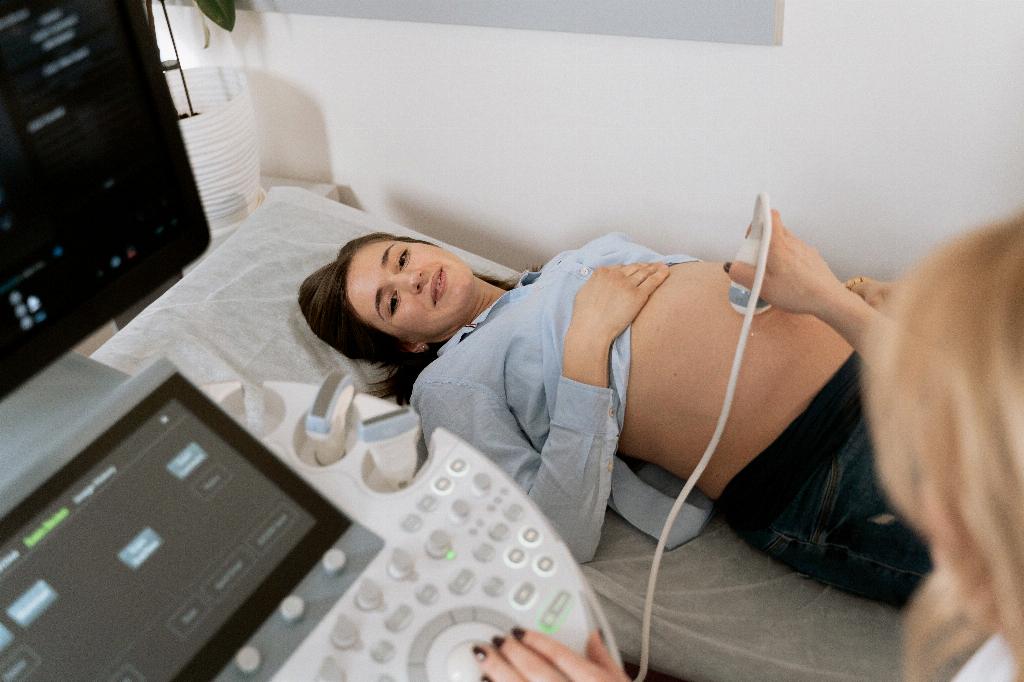When it comes to pregnancy tests and the number of days past ovulation (DPO), there are several factors to consider. Understanding how these tests work and what symptoms may be present can help you determine if it is possible to get a positive result after 15 DPO.
How Pregnancy Tests Work
Pregnancy tests work by detecting a hormone called human chorionic gonadotropin (HCG) in urine or blood. This hormone is produced by the placenta after a fertilized egg attaches to the uterine lining. The levels of HCG increase rapidly in the early weeks of pregnancy.
The Importance of DPO
The number of days past ovulation (DPO) is crucial when it comes to taking a pregnancy test. DPO is the number of days that have passed since ovulation, when the egg is released from the ovary. The timing of when the egg is fertilized and implants in the uterus can affect when HCG levels rise enough to be detected by a pregnancy test.
When to Take a Pregnancy Test
While most home pregnancy tests claim to be accurate as early as the first day of a missed period, many experts recommend waiting until at least 10-14 DPO to test for the most accurate results. Testing too early can result in a false negative, as HCG levels may not be high enough to be detected.
Positive Pregnancy Test After 15 DPO
According to the United States Food and Drug Administration, if a person has a 28-day menstrual cycle, a pregnancy test may be able to detect HCG in their urine around 12-15 DPO. However, the timing can vary depending on the individual’s cycle length and when implantation occurs.
Factors to Consider
There are several factors to consider when determining if it is possible to get a positive pregnancy test after 15 DPO. These factors may include the sensitivity of the test, the timing of implantation, and individual variations in HCG levels.
Early Pregnancy Symptoms
While a positive pregnancy test is the most definitive way to confirm pregnancy, some individuals may experience early symptoms before testing. These symptoms can include fatigue, breast tenderness, nausea, and frequent urination.
False Negative Results
It is important to note that false negative results can occur, even after 15 DPO. Factors such as diluted urine, testing too early, or using a less sensitive test can lead to a false negative result. If you suspect you may be pregnant despite a negative test, it is recommended to wait a few more days and retest.
Consulting a Healthcare Provider
If you have concerns about your pregnancy test results or are experiencing symptoms of pregnancy, it is advisable to consult a healthcare provider. A blood test performed by a healthcare professional can provide a more accurate assessment of HCG levels and confirm pregnancy.
Conclusion
In conclusion, while it is possible to get a positive pregnancy test after 15 DPO, the timing can vary depending on individual factors. Understanding how pregnancy tests work, when to test, and the potential for false negative results can help you navigate the process of confirming a pregnancy. If in doubt, consulting a healthcare provider is always recommended for personalized guidance and support.
Additional Resources
For more information on pregnancy tests and early pregnancy symptoms, consider exploring reputable sources such as the American Pregnancy Association or scheduling a visit with your healthcare provider for personalized care.

